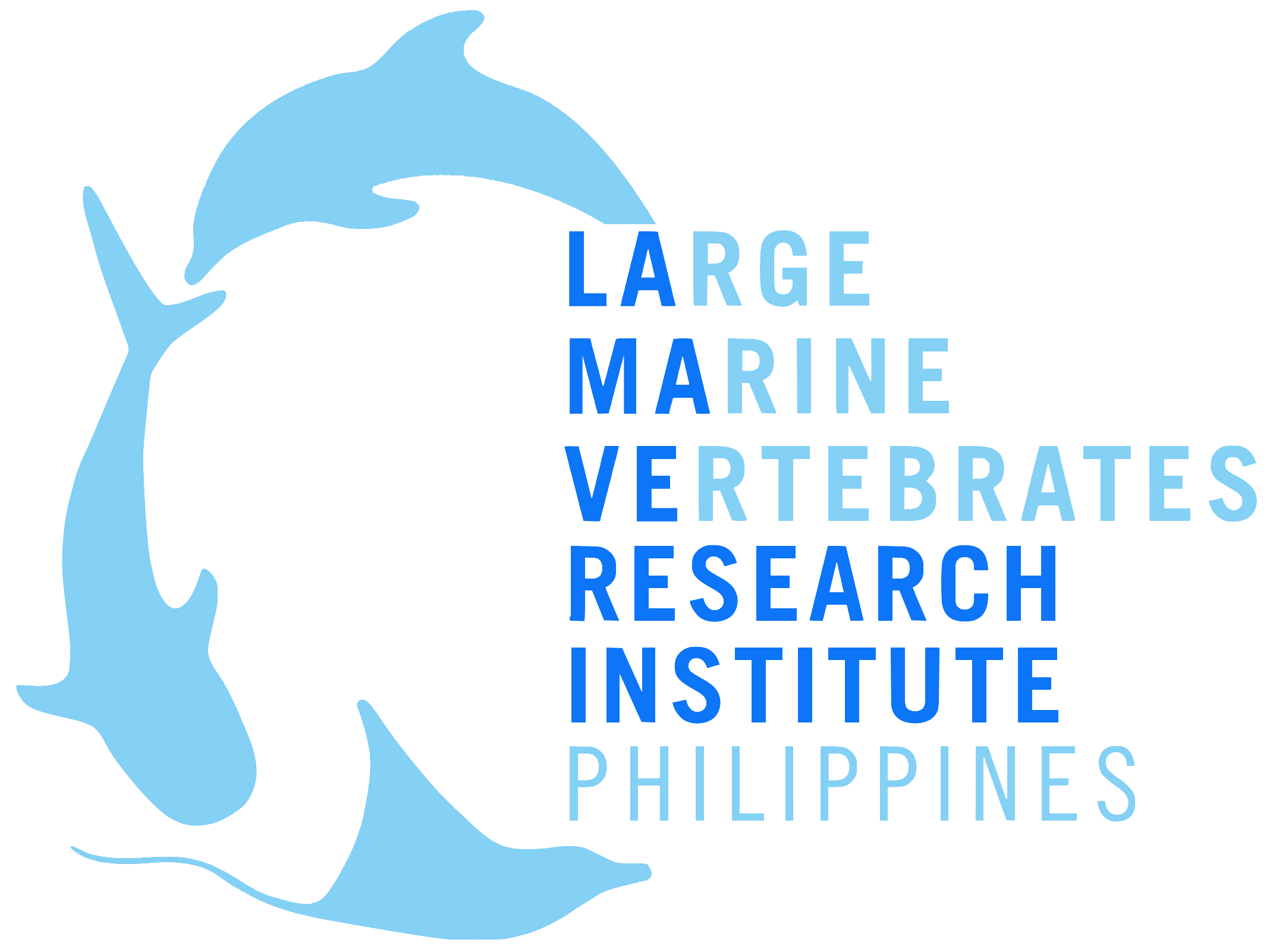Press Release
Long term study reveals no improvement in the impact of the whale shark tourism in Oslob, Philippines over 6 years
Cebu, 16 December 2020, a new study by researchers from Large Marine Vertebrates Research Institute Philippines (LAMAVE) published in the journal Royal Society Open Science shows the continuous impacts of provisioning (hand feeding) on the behavior of whale sharks in Oslob, Philippines and how the tourism industry is failing to comply with regulations to protect this endangered species.
The study, which analyzed 358 in-water surveys conducted between 2015 and 2017 revealed that whale sharks have modified their behavior in response to the handfeeding and the tourism activities in Oslob. The study shows high tourism pressure on whale sharks in Oslob, with significant levels of non-compliance to the code of conduct stated in municipal ordinance No. 091 of 2012, LGU Oslob. Results revealed that 93% of tourists come closer than the minimum distance prescribed in the ordinance.
The study is a continuation of long-term in-water research conducted by LAMAVE starting in 2012 which first showed that whale sharks changed their behavior in response to being hand-fed in the interaction area in Oslob, modifying their behavior in response to the novel food source. This initial study published by Schlemier et al. (2015) also showed a poor level of compliance to the code of conduct with 97% of tourists non-compliant to the minimum distance from the shark.
Despite the national and international pressure and the uplisting of the whale shark in the IUCN Red List of Threatened Species from Vulnerable to Endangered in 2016, this study shows that compliance to local guidelines has not improved over time and that the behavior change exhibited by resident whale sharks remains present. While some changes have been made since 2012 to enhance the tourist comfort and experience, this study highlights that no significant action or improvement has been taken by management to minimize the impact of the tourism on the whale shark and the change in their natural behavior.
Reducing the impacts of tourism on endangered species, such as the whale shark must be a priority for the local and national government. The proper management of marine wildlife tourism, including whale shark interactions nationwide, should follow the DOT-DA-DILG-DENR Joint Memorandum Circular no.01 Series of 2020, which mandates minimum standards for the industry.
Notes to Editors:
The open-access study led by Christine Legaspi, titled ‘In-water observations highlight the effects of provisioning on whale shark behaviour at the world’s largest whale shark tourism destination’ is published in the journal Royal Society Open Science on 16 December 2020 and is available here: https://doi.org/10.1098/rsos.200392
A copy of this Press Release can be downloaded HERE.
If you would like more information or to arrange an interview please contact Sally Snow, email: s.snow[at]lamave.org - photos are available upon request.
Large Marine Vertebrates Research Institute Philippines (LAMAVE) is the largest independent non- profit non-governmental organization dedicated to the conservation of marine megafauna and their habitats in the Philippines. LAMAVE strives for conservation through scientific research, policy and education.
